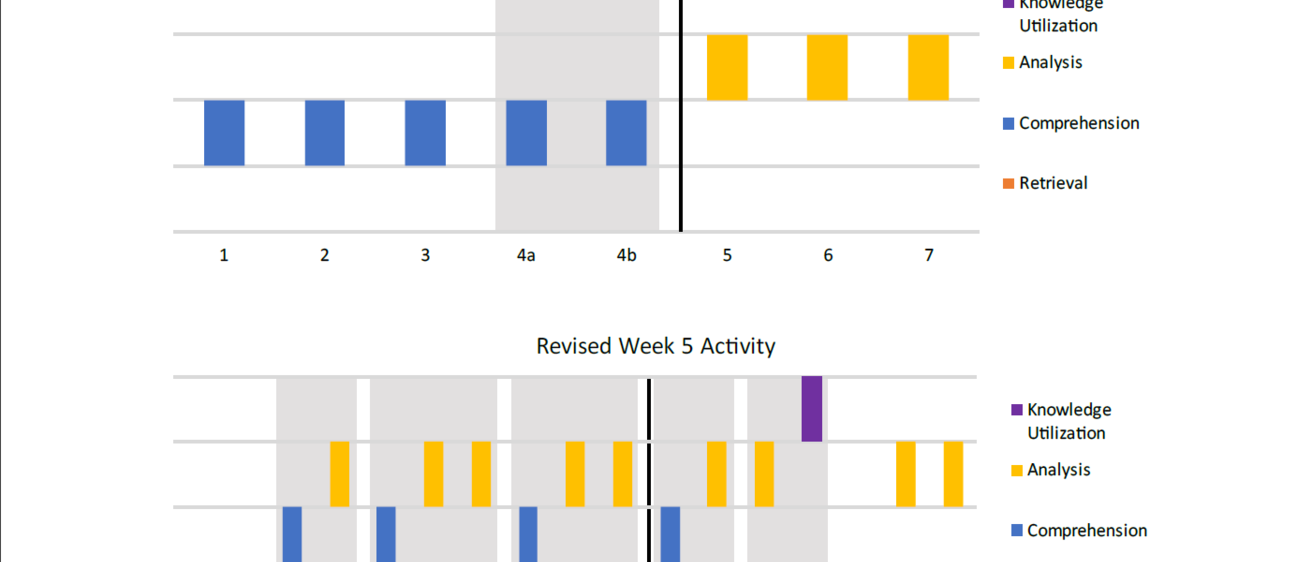Nicole's cognate project focused on integrating research from a local research group into the discussion activities for an introductory chemistry course. She designed discussion activities that aligned local research to chemistry concepts students were learning in class and then assessed the impact they had on student's meaningful learning.
You can find the abstract and link to the full article below!
Nicole States, Elizabeth Stone, and Renee Cole
Incorporating real-life context through connections to research early in the curriculum can create meaningful learning opportunities that encourage students to engage deeply with classroom content to construct chemistry knowledge. Course-based undergraduate research experiences have been successful at integrating real-life context, but are often only incorporated into upper-level courses. To provide an additional pathway to foster interaction with research, four activities from an introductory chemistry discussion class were created to incorporate authentic research connections. Care was taken to incorporate metacognitive questions designed to help students make connections between their preexisting knowledge and course content. Marzano’s taxonomy was used to analyze the cognitive complexity of tasks, which increased in the revised activities, allowing for more opportunities for knowledge construction. Audio and written work of student groups as they worked through activities was collected. Qualitative analysis of student engagement revealed that control over the content of activities to incorporate opportunities for knowledge construction is not enough to facilitate students consciously engaging in meaningful learning. If instructors wish to promote students integrating chemistry knowledge into their existing framework, course instructors, including graduate teaching assistants, need to be trained on how to properly facilitate classroom experiences to increase the likelihood of success.
